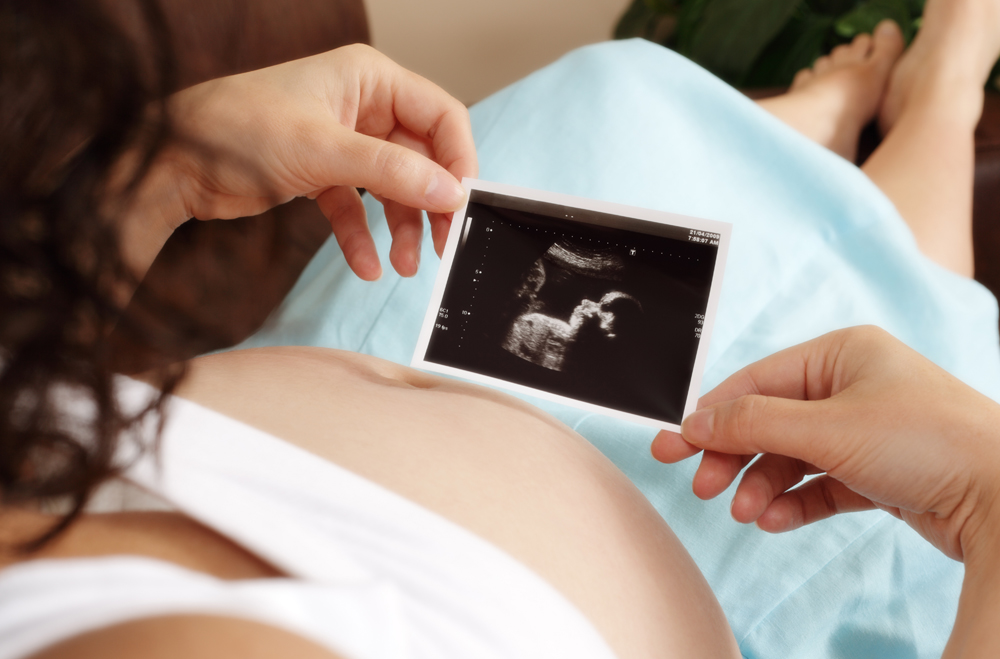By Dr Daniel Yeo
Sandra was feeling exhausted. She had just given birth to her second child, a boy, a month ago and had to breastfeed him, while still caring for her elder daughter, who had just learnt to walk. Although she was always tired, she thought that the fatigue she felt was par for the course, until she fainted one day. When she woke up, she was too weak to pick herself up and went to see the doctor. At the hospital, she was diagnosed as having peripartum cardiomyopathy, a form of heart failure.
What is Peripartum Cardiomyopathy?
Peripartum cardiomyopathy affects women in the late stages of pregnancy or soon after delivery. The condition results in a severely weakened heart and causes tiredness, lack of energy, difficulty breathing, reduced exercise capacity, leg swelling, irregular heartbeat, fainting, and possible death. At a glance, the symptoms may seem to be normal for new mothers, given that they have to care for their newborn child and recover physically from childbirth.
Thus, don’t just assume that your symptoms are normal. Inform your doctor about your symptoms and let him decide if there may be reasons to be concerned. Usually a blood test will be done to determine if your symptoms are caused by heart failure or something more prosaic such as low blood count, iron levels, or Vitamin D levels.
How is Peripartum Cardiomyopathy diagnosed?
If the doctor suspects that you may have heart failure, an ultrasound test will be done to confirm if it is true. The ultrasound test uses high-frequency sound waves to reconstruct a picture of your heart beating in real-time, and measures if your heart is strong or weak. If your heart is measured to be weak, the next step would be to determine the underlying cause.
Other than peripartum cardiomyopathy, viral infections, genetic conditions and high blood pressure can cause heart failure, hence knowing the precise cause is essential in order to administer the best possible treatment.
What causes Peripartum Cardiomyopathy?
There is no clear single cause. One common factor in the development of this disorder is an excess of an abnormal protein, which is derived from the normal hormone ‘prolactin’ that promotes lactation. This abnormal protein damages the inner lining of blood vessels and affects heart function, resulting in a weakened heart. Treatment with medication to block the production of prolactin has been shown to prevent peripartum cardiomyopathy in animals, and it is current still undergoing trials and testing.
Another possibility is that the mother produces an exaggerated immune response when the baby’s cells escape into the mother’s circulation. The antibodies produced target the mother’s own heart muscle, resulting in a weakened heart. High levels of auto-antibodies have been found in women who have confirmed peripartum cardiomyopathy.
Some other factors that contribute to the occurrence of peripatrum cardiomyopathy are being older than 30 during pregnancy, pregnancy with multiple foetuses, history of eclampsia, pre-eclampsia, post-partum hypertension, and long-term use of medication to prevent the onset of early labour.
How is Peripartum Cardiomyopathy treated?
Treatment depends on whether the mother has given birth. During pregnancy, many medications for heart failure are prohibited due to the negative effect it has on the baby’s development. To date, only older and simpler medications that are not as effective can be administered. Bromocriptine, a medication which blocks the effect of Prolactin, is one of the more promising targeted treatments for this condition, however it stops milk production and prevents breastfeeding.
Once the baby has been delivered, the typical medication that aids the recovery of heart function and prevents premature death will be given. However, she would also not be able to breastfeed as there is a chance of the medication seeping into the breastmilk.
With timely and appropriate treatment, the outcome for patients is fairly good, with a chance of full recovery. However, even with full recovery, it is highly likely that peripartum cardiomyopathy will recur during subsequent pregnancies.
If you are tired, breathless, or have fluid retention, do consult your doctor early to ensure that there is no serious underlying condition.
Dr Daniel Yeo is a consultant cardiologist and medical director of Apex Heart Clinic in Gleneagles Hospital. He is an expert in echocardiography, treating heart failure and other diseases of the heart. He is the principal investigator for many international multi-centre trials in cardiology and heart failure, and his research has been presented at numerous major cardiology conferences in the US and Europe.















